Even if, as a few cynical memes assert, the new year is an arbitrary division of time, why not take a moment to renew former efforts and plan out the future? Dividing time into chunks is hardly arbitrary; without doing so, we are forced to contemplate the eternities and its overwhelming grandeur and uncertainty (in regards to our time on Earth). To make time comprehensible to our finite minds, we have to slice and dice it. Though New Year's Day is arbitrary, it is simple to see how the passing of the sun and moon across the sky led to divisions of days (to be divided into hours and minutes) and how the repetition of larger phenomena (including length of days, change of seasons, position of stars in the sky, etc.) could divide into years (to be divided into or built from months and weeks). These divisions allow for reference points in the past from which a length of time can be measured, and they allow for projecting into the future. If divisions of time allow for projecting into the future, then why not take advantage of it and use it for planning? If still cynical about the need for these yearly resolutions, start with daily, weekly, or monthly resolutions--goal setting sessions with plans for real results. How can one plan for years if one cannot even maintain day-to-day projection? Most musicians know that playing in tempo requires consistent subdividing of the meter.
But to the disheartened, there are other ways to conceptualize time. Our Greek "logical" way of thinking supports the aforementioned time divisions because everything fits nicely into a box, but other cultures have not viewed time the same way. In other languages, including Hebrew, the tense constructions for past, present, and future are blurred to better allow for the truthfulness of time's eternal nature. Events are still identified, but they are in relation to each other and affect each other. Like a rhythm, a current event can normalize what may have seemed like a disruption in the flow of former events. In other words, while our Greek-dominated logic puts time events as absolutes, Hebrew thinking (and I assume in other cultures) sees time events as unresolved and ever-changing. This means that a mistake in the past does not leave a permanent scar if we play the corrective rhythm. Failures of years before will become the stepping stones of success in your future, if the right groove is found.
This conceptualization of time, while not useful in predicting yearly weather patterns and other repetition-based phenomena, is incredibly useful for humans who want to improve in life. We are not trapped in orbit like the moon or a satellite; we have the ability to chart our own path travel beyond the monotony of a set daily schedule. Also unlike the moon, we are bound to be broken from our repetition, despite our choices, and understanding the inevitability of variability braces ourselves for the best and worst life has to offer.
Goal-setting and planning then gains two more dimensions (among others): risk assessment and preparation. The variables in life all present risks, so why not embrace this as a fact? Some goals will not be achieved until we are willing to take risks, but with planning, many of these risks may turn out to be smaller than previously thought. But what of other risks that may have a downfall? What about the risks that are out of our control? We prepare for the worst while striving for the best. Many residents of Miami will have hurricane shutters in storage and most Midwesterners have a basement, cellar, or evacuation route to avoid cyclones, yet they do not live in constant dread. If one is prepared to land on the beat through practice, they will not be too lost in the music to play it correctly, even if momentarily distracted.
So, the takeaways should be: 1.) Confidently plan in time chunks you can manage. 2.) Remember that the past does not permanently affect your future--unless you allow it to. 3.) The future is unpredictable, so be prepared. 4.) You might need to leave your comfort zone and take risks, but often those risks present much less danger than you anticipate, if well assessed and prepared for. Musically speaking: 1.) Subdivide. 2.) Don't dwell on a missed beat. 3.) Practice your part. 4.) Be vulnerable and make real, bold music.

